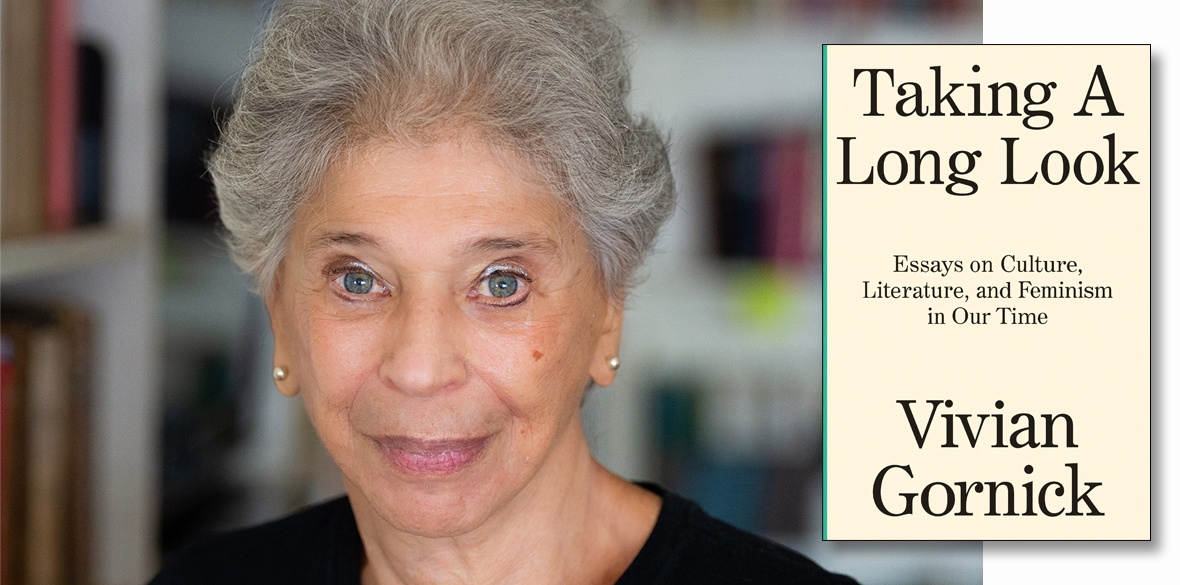This is the last article you can read this month
You can read more article this month
You can read more articles this month
Sorry your limit is up for this month
Reset on:
Please help support the Morning Star by subscribing here
AT 84, New York grande dame Vivian Gornick is having a significant renaissance after a lifetime of filing first-rate copy.
In 2020 a new collection of essays, Unfinished Business: Notes of a Chronic Rereader, was published, alongside two of her earlier books, 1977’s The Romance of American Communism and Approaching Eye Level, journalistic pieces from 1996.
Now Verso is publishing Taking a Long Look, a selection of her essays written over four decades.
Too often it takes a while for a woman to get noticed. New York painter Pat Steir, a Gornick contemporary, has spoken of the phenomenon of female artists being “discovered” in their eighties as a deliberate ramping up of their art at the end of their lives after ignoring them the majority of their lifetime.
This may hold for female writers too. As one commentator notes of Gornick: “Her influence as a writer has always outstripped her exposure.”
Gornick’s particular style of personal criticism, a genre she pioneered, draws on the tradition of essay writing while delivering her subject from the stance of directly lived experience.
“What I wanted badly was to put the reader behind my eyes and to use my own left-leaning, literary-minded self as an ‘instrument of illumination’.”
It is this first person voice, engaging “with the politics of being oneself,” that resonates with contemporary literary tastes. That, and Gornik’s sensibility — steeped in radical political change from the 1960s civil rights movement, through second-wave feminism and on to the post-September 11 2001 new world order — provides a much-needed perspective.
In Taking a Long Look, her lineage in far-left, countercultural intellectualism through these decades offers a rich primer to a host of writers whose influence outstrips their current exposure.
Her essays on Alfred Kazin, Diana Trilling, Mary McCarthy and Lore Segal offer an alternative view on the making of US culture.
They show that the contingencies involved in the 1970s-derived ethos of US neoliberalism as the only game in town.
Gornick’s work is frequently an examination of the seams of history and her unflinching focus shows how things might have been shaped, and perhaps still could be, as false sensibilities and standard amplifications now come to seem redundant.
Of Segal’s Other People’s Houses, Gornick writes: “An ironic intelligence, coupled with a gift for detachment is speaking out of a time and place that strongly encourages what might best be called engaged wariness.”
She might just as well be describing her own gifts.
Published by Verso, £16.99.











